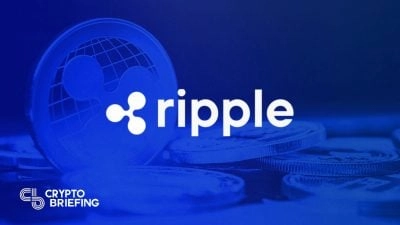Ripple expands into Brazil with Mercado Bitcoin partnership, enabling seamless crypto-enabled international payments.

Key Takeaways
- Ripple and Mercado Bitcoin's new system targets initial transactions between Brazil and Portugal.
- The partnership marks Ripple's continued expansion in Latin America.
Ripple has partnered with Mercado Bitcoin, one of Latin America’s largest crypto exchanges, to launch a new crypto-enabled cross-border payments solution in Brazil.
This partnership will enable businesses to make faster, cheaper, and more efficient cross-border payments using Ripple’s managed end-to-end solution.
Mercado Bitcoin, which has 4 million users and is a major player in the region, will initially use Ripple’s solution to improve its internal treasury operations between Brazil and Portugal. The company plans to extend the service to corporate and retail customers in the future.
“This partnership enables Mercado Bitcoin to take another step towards internationalizing its services,” said Jordan Abud, Head of Banking at Mercado Bitcoin.
Ripple’s solution will first target institutional clients, with initial cross-border transactions facilitated between Brazil and Portugal. This marks a key step in Ripple’s expansion into Latin America, building on its previous collaboration with Travelex Bank in 2022.
With the use of a non-resident account feature, the new payment system allows users to pay directly in Brazilian Reais, enhancing the customer experience by simplifying currency exchange and streamlining transactions.
Mercado Bitcoin’s partnership with Ripple builds on its history of collaborations with major payment firms such as Mastercard. Earlier in 2024, Mercado Bitcoin teamed up with Mastercard to provide live transaction capabilities between Latin America and Europe. The exchange is also working with Mastercard on a Web3-focused crypto identity system launched in 2023.
Despite its ongoing battle with the SEC, Ripple continues building global partnerships, confident in its product and mission to enable seamless cross-border payments.
Disclaimer


